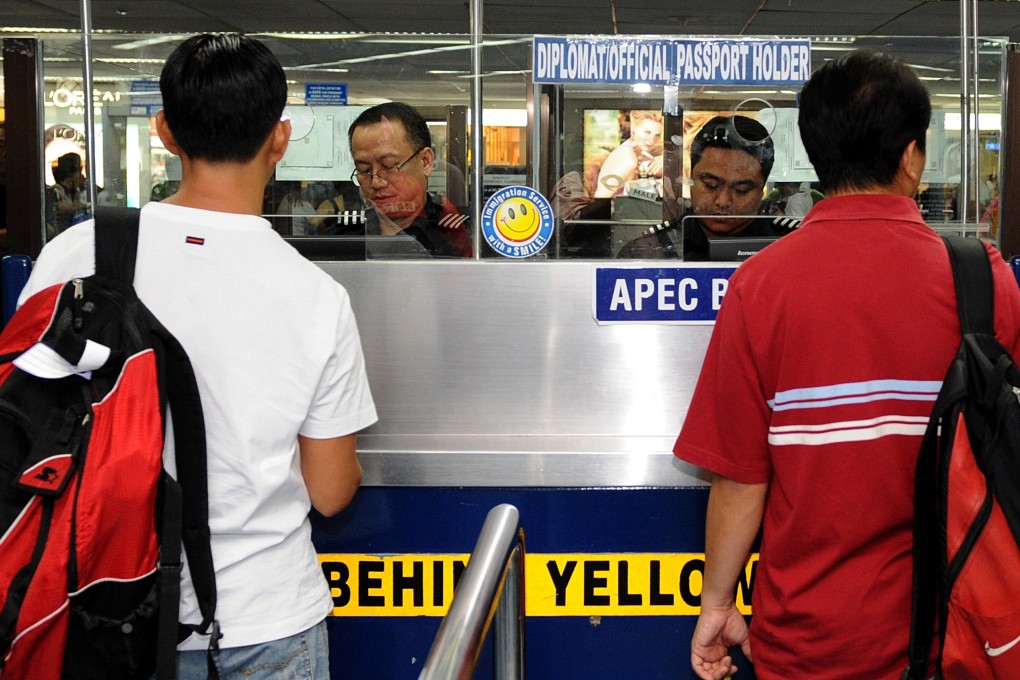Exclusive | Chinese workers ‘flood’ the Philippines, yet Duterte’s officials ‘don’t know’ how many there are
-
Senate probe revealed how little Manila knows about the number of Chinese nationals in the country, but records show official figure is well below estimates
Senate probe revealed how little Manila knows about the number of Chinese nationals in the country, but records show official figure is well below estimates

Frustration crept into Senator Joel Villanueva’s voice as he scolded Bureau of Immigration and Department of Labour and Employment (DOLE) officials during last month’s session, which was conducted by the committee on labour, employment and human resources development that he chairs.
“It’s glaring,” he told them. “Your records show you are issuing few alien employment permits [AEPs] but there’s a flood [of Chinese workers] and from their numbers, it’s clear there are illegal workers.”
Villanueva wanted to know if Chinese nationals were taking away jobs from Filipinos, some 3.8 million of whom were unemployed as of July 2018, according to estimates from the state economic planning agency. Philippine law allows foreigners to work in jobs that Filipinos are not qualified to do.
The two-hour senate hearing failed to uncover just how many Chinese workers had come to the country to live and work since Duterte took office in 2016.
Still, according to data obtained by This Week in Asia, Chinese nationals are working legally in online gambling as well as in sectors where Filipinos are qualified – such as manufacturing and construction. The constitution enjoins the state “to promote the preferential use of Filipino labour”.